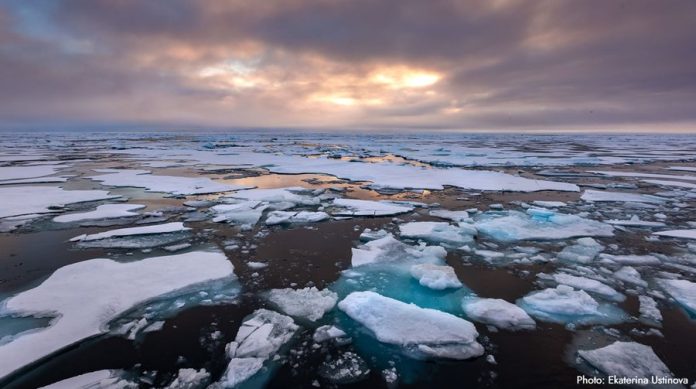Members of the European Parliament (MEPs) have expressed the importance of maintaining governance of the Arctic region in accordance with international law. They are calling on the European Union to implement a robust, security-oriented strategy to address the escalating geopolitical tensions affecting the region. The Arctic is increasingly viewed as a significant arena for geopolitical competition, military enhancement, energy transformation, and considerable environmental shifts, according to a resolution that garnered 510 votes in favour, 75 against, and 80 abstentions.
“In recent years, we have experienced significant turbulence in world politics. This is having a clear effect on the Arctic region. The EU needs a smart strategy to face the Arctic’s growing geopolitical importance and, among other efforts, I hope to see Iceland, Norway and Greenland joining the EU in the near future,” highlighted rapporteur Urmas Paet (Renew, Estonia).
In their resolution, MEPs condemn the militarisation occurring in the Arctic, specifically highlighting Russia’s extensive military restructuring efforts, including the establishment of its “Maritime Collegium.” They assert that these developments, along with China’s growing interests in the region, have contributed to heightened tensions and reduced regional stability. In light of these circumstances, MEPs emphasise the need for the EU to strengthen its collaboration with NATO allies, noting that effective EU-US cooperation is essential to safeguard mutual security interests against Russian and Chinese expansion in the region.
Recent incidents in the Baltic Sea involving Russian and Chinese vessels have further underscored the need for the EU to enhance the protection of critical underwater infrastructure in the Arctic, particularly submarine cables and pipelines near Greenland. MEPs advocate establishing a more stringent regulatory framework for sanctions and countermeasures.
Furthermore, MEPs insist that the legal framework governing the Arctic should remain anchored in the United Nations Convention on the Law of the Sea (UNCLOS). They reject any unilateral territorial or navigational claims and advocate for diplomatic dialogue to address the increasing geopolitical competition along Arctic maritime routes, especially the Northern Sea Route. Additionally, they support applying international law to oppose efforts to legitimise contested shipping corridors or to exert geopolitical influence under the pretext of scientific or economic collaboration.
Recognising the Arctic’s potential to provide critical resources for Europe’s strategic autonomy, MEPs highlight the importance of strengthening partnerships in this domain to reduce reliance on authoritarian powers. They emphasise the crucial role of Norway in enhancing EU energy security and geopolitical resilience, as well as the growing support for EU membership among the populations of Iceland and Greenland. MEPs encourage the EU to pursue deeper strategic and economic partnerships with these nations and to promote the benefits of EU membership, if desired by their respective populations.
Finally, given the disproportionate effects of climate change on the Arctic region, MEPs call for urgent improvements in adaptation strategies that also encompass security policy dimensions. They stress the imperative of involving Arctic indigenous peoples in decision-making processes to ensure their voices are heard and respected.

